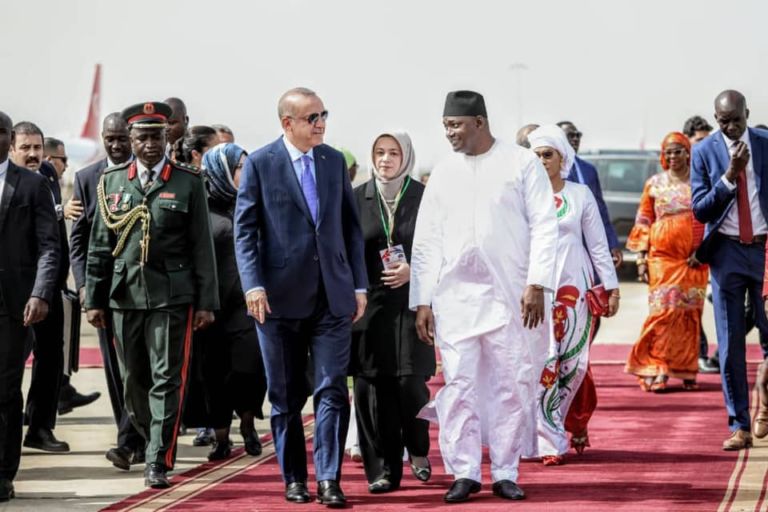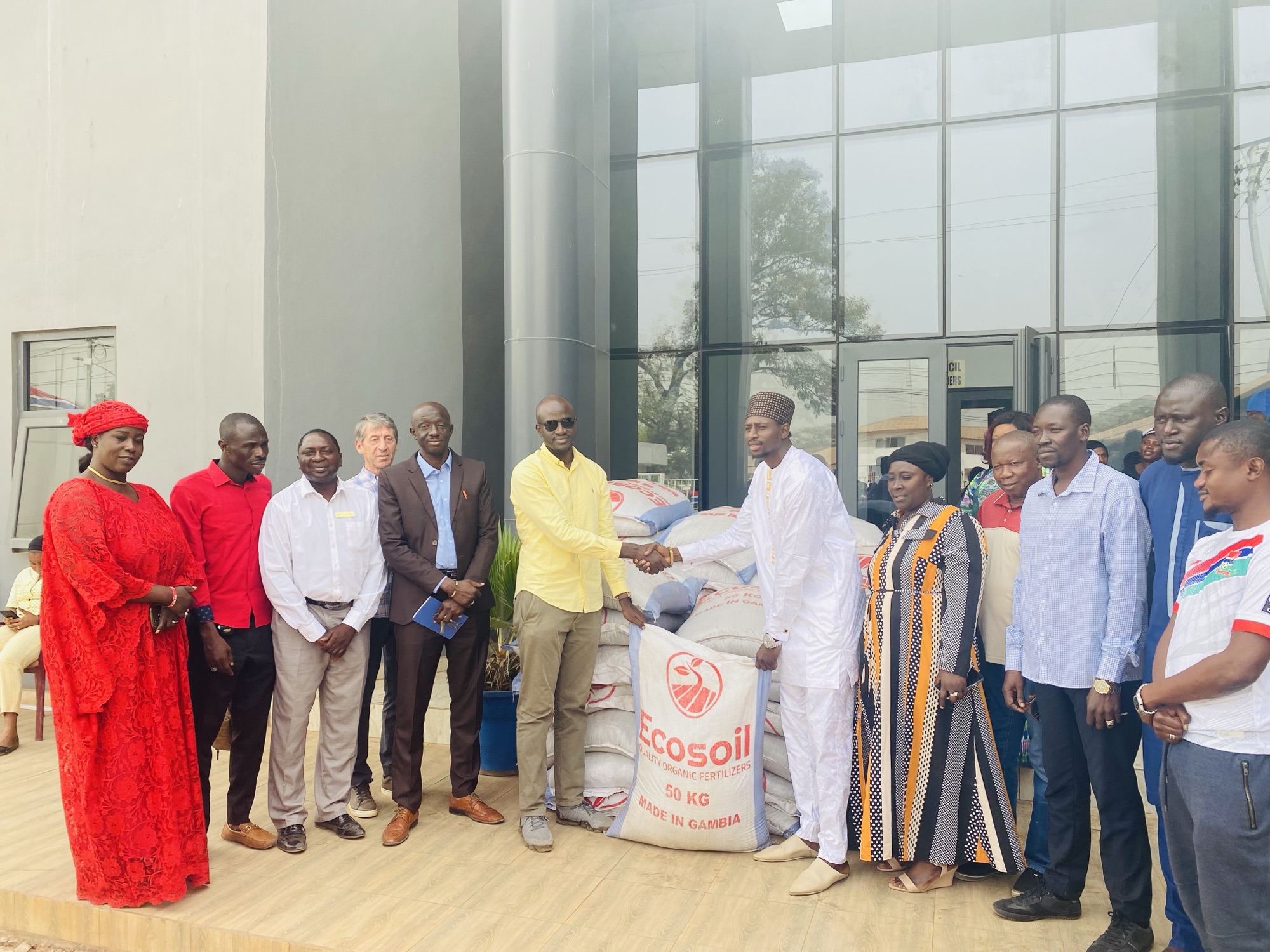By: Nyima Sillah
Amadou Ceesay, the Executive Director of The Gambia Competition and Consumer protection Commission has outlined some reasons behind causes of high prices on stable food and essential commodities in the country, saying part of it is congestion at the Banjul Sea Port.
“The increment of prices is influence by the international price also the congestion at the port is also another big problem. We are also having problem with foreign segment to pay for goods so that in a nutshell it has been responsible for the increment of the prices,” he said.
According to him, they have the essential commodity act and the objective is to ensure the availability and the affordability of the essential commodities and the Minister is at the liberty to declare any commodity as an essential commodity.
“Right now, we have sugar, flour, onion, oil, cement, rice among others. but like I said, yes, you would want to keep the prices down but the reality is that there are some external factors that are responsible for the increment that we don’t control so there is nothing much we can do with those increments,” he noted.
Also, he explained, in terms of comparative of prices, The Gambia is far cheaper compared to the neighbouring countries. Adding that for example in Senegal sugar is D2,850 per bag and that is D700 more in Senegal than The Gambia.
“We have been very active in what we call the contractual so we know what it obtains, we know how much rice is selling from the international market, oil etc. So, we have an indication of as to what a fair price should be. But again I most stress that the competition act is not responsible for foisting prices we are responsible for ensuring that the market is competitive and that consumers can get the benefits of the competitive facet.
“We have done an assessment of the situation to know the factors that are responsible for prices increment. We know the valuables so it would be printed on a paper to the Ministry of Trade to look at this and then we would see what government can do to help, where they can help and the way forward,” he expressed.




